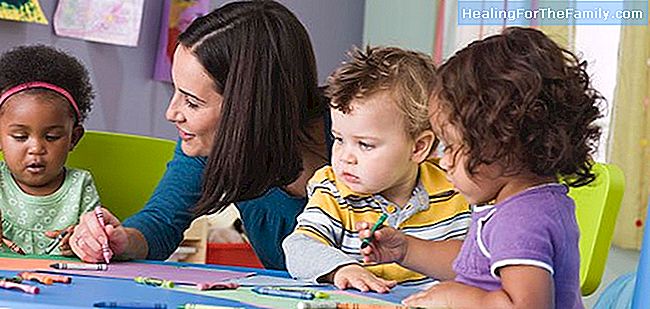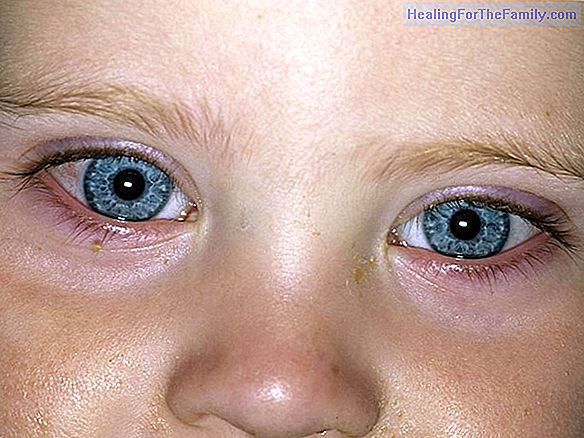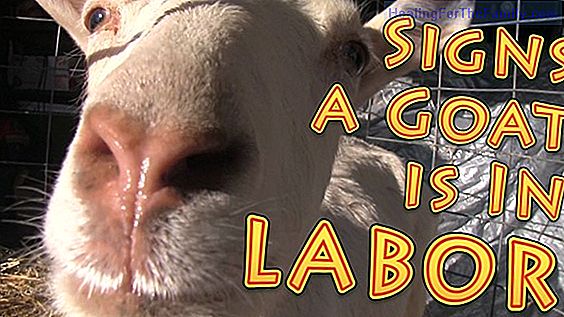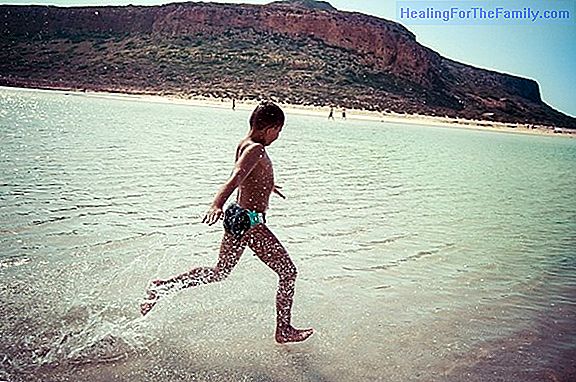Habits and routines in the nursery school for children and babies
In the nursery school maintenance of the routine is essential, since it is the fundamental basis for the acquisition of autonomy and the learning of values in the classroom. Learning habits and routines is for children a way of ordering, programming and acquiring habits of autonomy, responsibility
In the nursery school maintenance of the routine is essential, since it is the fundamental basis for the acquisition of autonomy and the learning of values in the classroom. Learning habits and routines is for children a way of ordering, programming and acquiring habits of autonomy, responsibility, well-being and establishing an adequate relationship with the other children in the nursery.
Routine helps children to understand and accept social norms, to respect others, to care for material, to appreciate the value of things. Many of the principles we teach children are more easily learned by doing the same things every day.
Main habits and routines of the nursery school

1. The entrance:This moment is key for the development of the day. The child is received with affection and joy. We must transmit confidence, communicate aspects of interest or listen to what we are told will be fundamental for the rest of the day
2. Moment of personal hygiene:changes of diaper, toilet, etc. becomes a moment of physical exchange. El 3. The game:
both in the classroom and in the playgrounds or psychomotricity is the propitious moment for the development offree play,time to make decisions, exchange of toys with classmates, initiation to communication, resolution of conflicts, ... a moment for leisure and fun, individual or collective. La 4. The food:time to respect the guidelines of the dining room: stay seated, keep the bib on, wait for the food, little by little acquire more autonomy and eat alone, go from light food to incorporate first solids. A healthy and balanced diet and hygiene habits are the fundamentals of this time of day. El 5. The dream:
the nap and rest after having eaten and cleaned up, a break from the game, from the activity and a comforting dream to "recharge batteries". Accompanying affectionate words, your pacifier, a warm environment, relaxing music, instrumental will be key at this time of day. El 6. The toilet:after the dream, there must be a new toilet (combing, putting on a cologne, ...). La 7. The snack:
the children who go out in the afternoon, snack, clean themselves and perform different activities until the parents arrive, such as: psychomotricity, free play, painting, etc. La 8. The output:In At this moment parents and mothers are told how the day has gone, the completed agenda is given and information is received.
The attitude of the parents in the period of adaptation- The attitude of the parents towards the period of adaptation of the child is the same as the child shows towards the school. Therefore, it is important to show confidence, security and tranquility. Es - It is important to be very clear that the first educators are the family, from there on in the school they reinforce themselves and offer new learning in situations that do not occur in the family.
- For a habit to be acquired successfully it is important to keep in mind that it must be given at the same time.- In addition to teaching, you should praise the child for his activities and achievements. Rewarding any progress and recognizing your achievements is the most effective way to repeat what you have learned on a regular basis and to improve as your skills develop.












